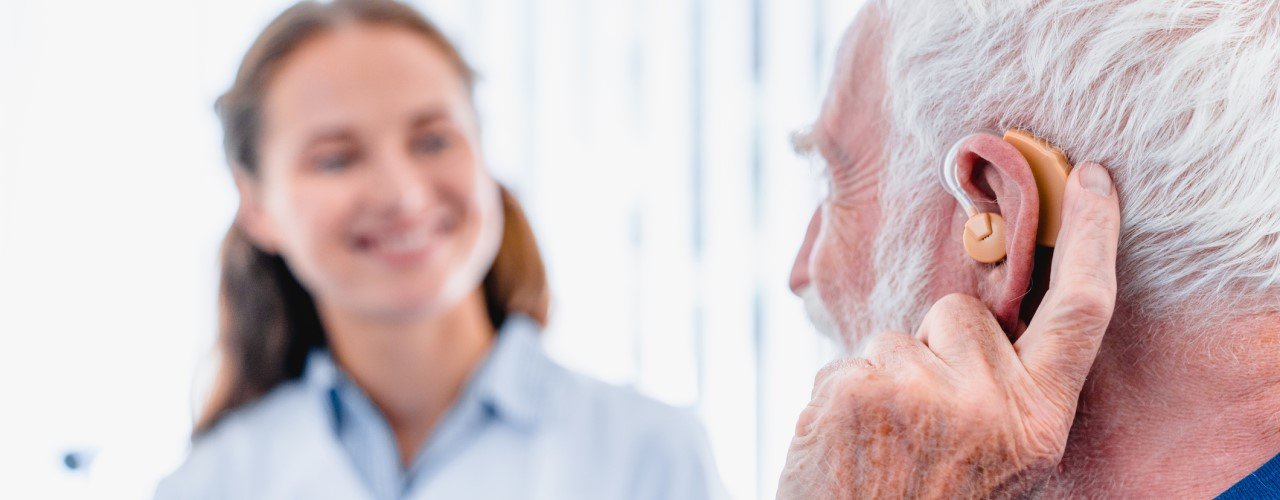Here's everything you need to know about Deafness and Hearing Loss
Deafness and hearing loss can be difficult to cope with, especially at a young age. Currently, around 5% of the world’s population requires rehabilitation to deal with ‘disabling’ hearing loss. Experts predict that by 2050 this will increase to one in every ten people, which is around 700 million. So, deafness and hearing loss are a significant risk that we all need to know more about.
Meaning and causes of deafness and hearing loss
Normal hearing thresholds are considered to be 20db or better in both ears. Anyone with hearing ability below this threshold will fall into the definition of being deaf or suffering from hearing loss. There is a broad spectrum in terms of how this can affect people, from mild hearing loss to complete deafness. The causes of this can be equally as wide ranging and may include a hereditary condition or problems that result from issues such as a lack of oxygen at birth, childhood ear infections, chronic diseases, smoking, viral infections, Otosclerosis, progressive genetic hearing loss or nutritional deficiencies, among many other things.
How does this affect us?
The main impact of deafness and hearing loss is on a person’s ability to communicate. It can be difficult to work, make friends and interact with the world around you when you can’t articulate what you’re saying because of speech problems and/or you can’t hear. Many children who suffer with deafness and hearing loss in countries where it isn’t spotted early can be excluded from the school system and adults all over the world can end up socially isolated due to problems like this.
Prevention and management
60% of hearing loss is the result of preventable causes, whether that is exposure to loud sounds or to diseases in childhood that can cause deafness and hearing loss, such as meningitis. Early identification of issues is essential to ensure that everyone gets the support that they need when it comes to measures that can be useful in managing deafness and hearing loss. For example, technology such as hearing aids and cochlear implants can make a big difference to the way that someone who is struggling with hearing loss experiences the world. Rehabilitative therapy can help to enhance perceptive skills and develop communication abilities while assistive technology can also provide many different options.
What to do if you’re struggling with deafness and/or hearing loss
It’s vital to make sure that you’re seen by an ENT specialist who will be able to establish the cause of the problem. Not all hearing loss is permanent and if you have hearing loss that is caused by something like an ear infection then treatment could provide a simple, fast way to resolve the situation. Many situations where hearing loss is being experienced are in fact not permanent - seeing a specialist will give you the information you need about next steps.
Deafness and hearing loss can affect us all and it’s essential that you know how to get help if this is something that happens to you.
Harley Street is the UK's foremost private medical centre which is dedicated to providing high-quality care for your ear, nose, throat, head & neck, and balance-related disorders. Find out more information on how Harley Street ENT can help you here.













